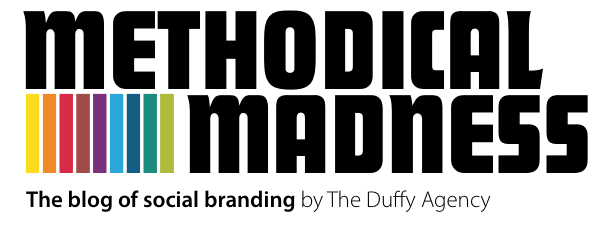Will the latest Pew study save newspapers and magazines?
 Tuesday, January 4, 2011 at 3:00PM
Tuesday, January 4, 2011 at 3:00PM A new study conducted by the Pew Internet and American Life Project of 755 adult American Internet users has shown that almost two-thirds of them have paid for content online.

- 33% have paid for digital music online
- 33% have paid for software
- 21% have paid for apps for their cell phones or tablet computers
- 19% have paid for digital games
- 18% have paid for digital newspaper, magazine, or journal articles or reports
- 16% have paid for videos, movies, or TV shows
- 15% have paid for ringtones
- 12% have paid for digital photos
- 11% have paid for members-only premium content from a website that has other free material on it
- 10% have paid for e-books
- 7% have paid for podcasts
- 5% have paid for tools or materials to use in video or computer games
- 5% have paid for “cheats or codes” to help them in video games
- 5% have paid to access particular websites such as online dating sites or services
- 2% have paid for adult content
And 6% of Internet users said they had paid for another kind of content that had not been mentioned in the list of the 15 options provided.
In terms of newspapers, the demographic profile shows that internet users who are college graduates and are in the $75K+ household-income bracket are more likely to purchase digital content from magazines and newspapers. Race and gender don't appear to be a determining factor. This shows that online consumers skew a little higher in income and education than traditional newspaper demographics.
Another interesting statistic from this survey is that the majority of people (57%) spend more than $10 a month on online content, with 7% spending more than $100. Many newspaper and magazine publishers are duplicating traditional offline subscription offers for online consumers. This survey shows that consumers may not be as reluctant as some have thought to this model.
What newspapers and magazines should take away from this survey (more than the fact that 18% have paid for digital newspaper, magazine, or journal articles or reports) is that people seem to be willing to pay for content that they see as valuable and that they can't get, reliably, from another source. Music, software, apps, and games have intrinsic value. And although you could get them through peer-to-peer networks, the risk involved in that is growing every day.
Some might say that newspapers are doomed because news is a commodity and is available free from any number of online sources. Therefore, it lacks enough value for a pay distribution model. And I would agree to a point.
However, newspaper and magazines offer more than just the facts. They offer analysis. They offer commentary. They offer insight. In short, they offer journalism. And that is something consumers value. As Bradford Cross wrote in his blog post, Why the iPad is Destroying the Future of Journalism : "media companies [need] to refocus their efforts on their core competency; journalism."
In fact, if you want to read a great blog post about how newspapers and magazines can more successfully transition to charging for content online, I suggest you read the post written by The Duffy Agency's own Sean Duffy for TalentZoo.com. In it, Sean writes that what will save newspapers are the same things that save any product in a free market: keeping the brand relevant, delivering more value than competitors, and remaining profitable.
The bottom line is this: this survey shows that people are not adverse to buying content online. But the key is that there has to be value in that content. There are always going to be consumers who want the Joe Friday version of the news: just the facts. But there is also a legion of people who are looking for help interpreting and providing context for those facts. And that is where publishing companies need to stake their claim.
Look at it this way, you can look at a box score to see if your local sports team won a game, but reading what a local sports journalist writes about the game provides greater context than just the facts. And that is what publishers should be selling because that is something worth paying for.
What do you think? Are these findings from Pew just what the doctor ordered for a beleaguered newspaper and magazine publishing sector?

Reader Comments